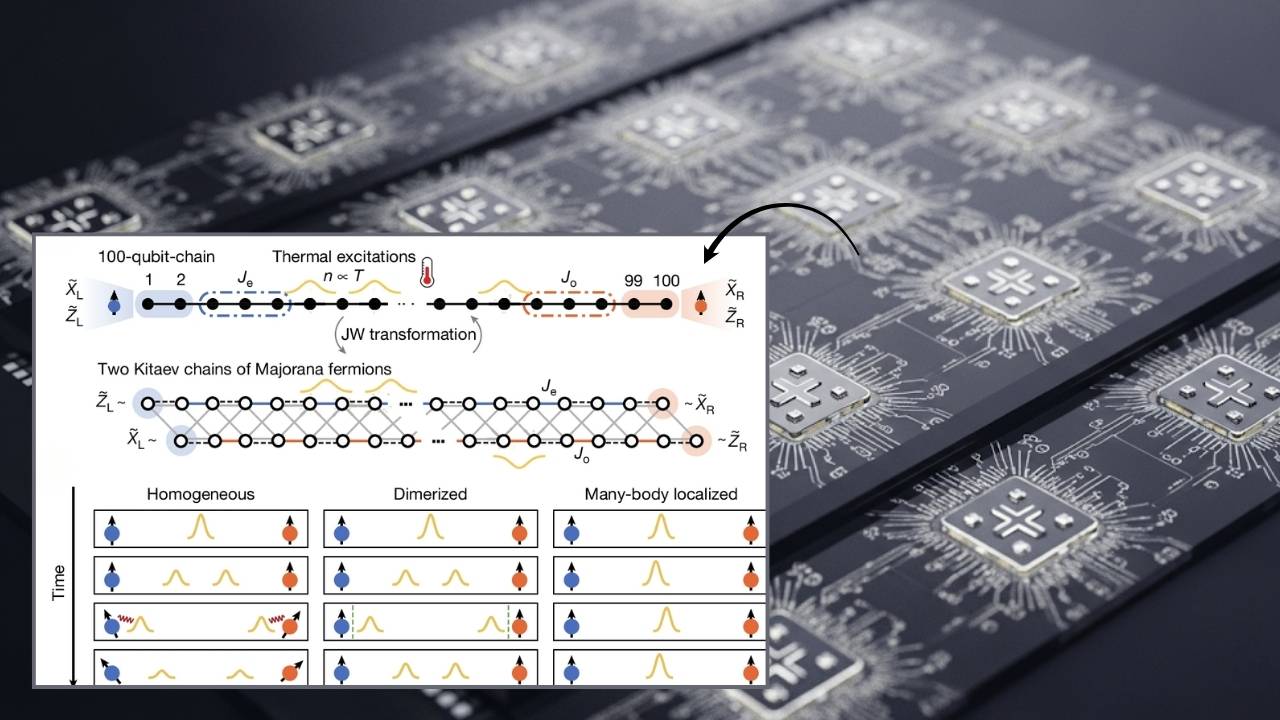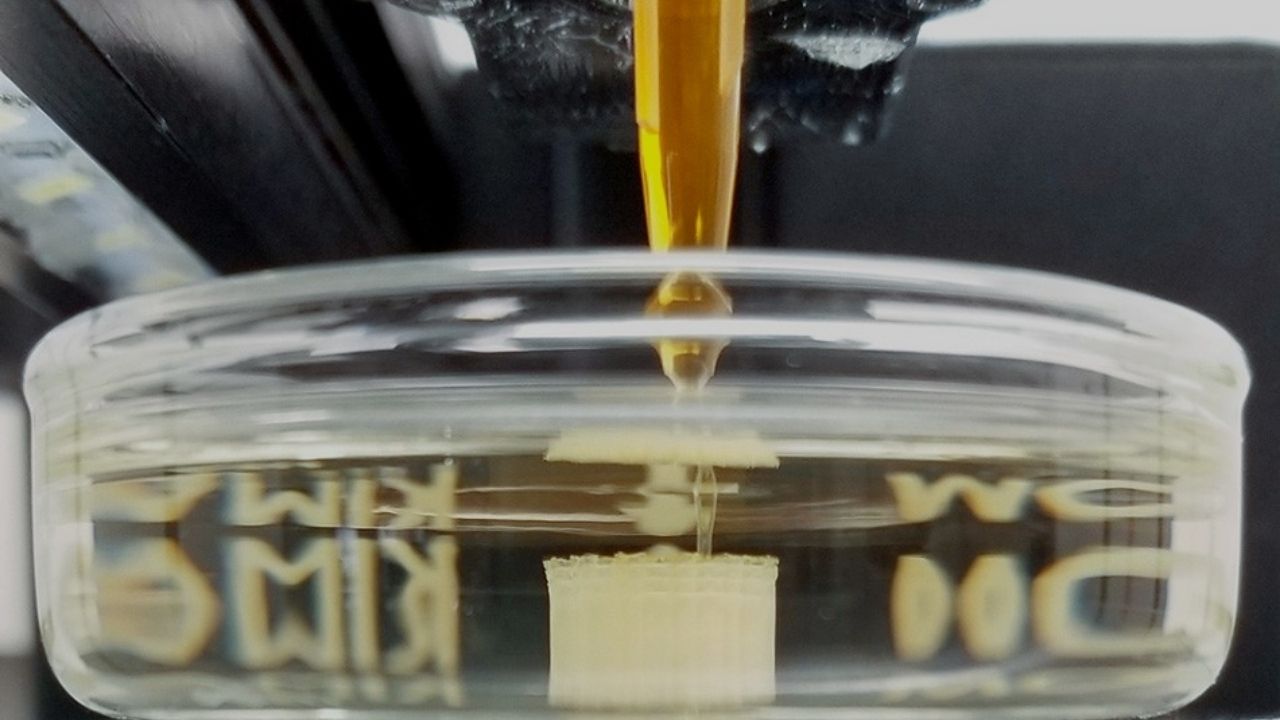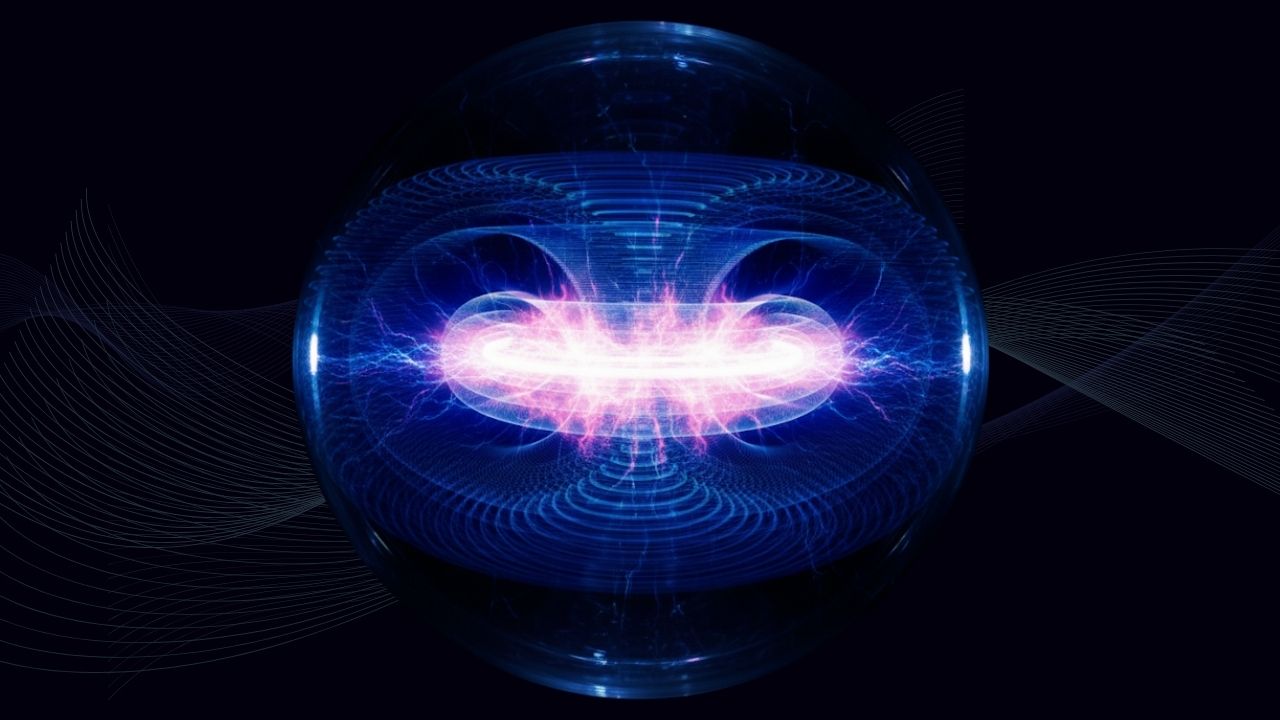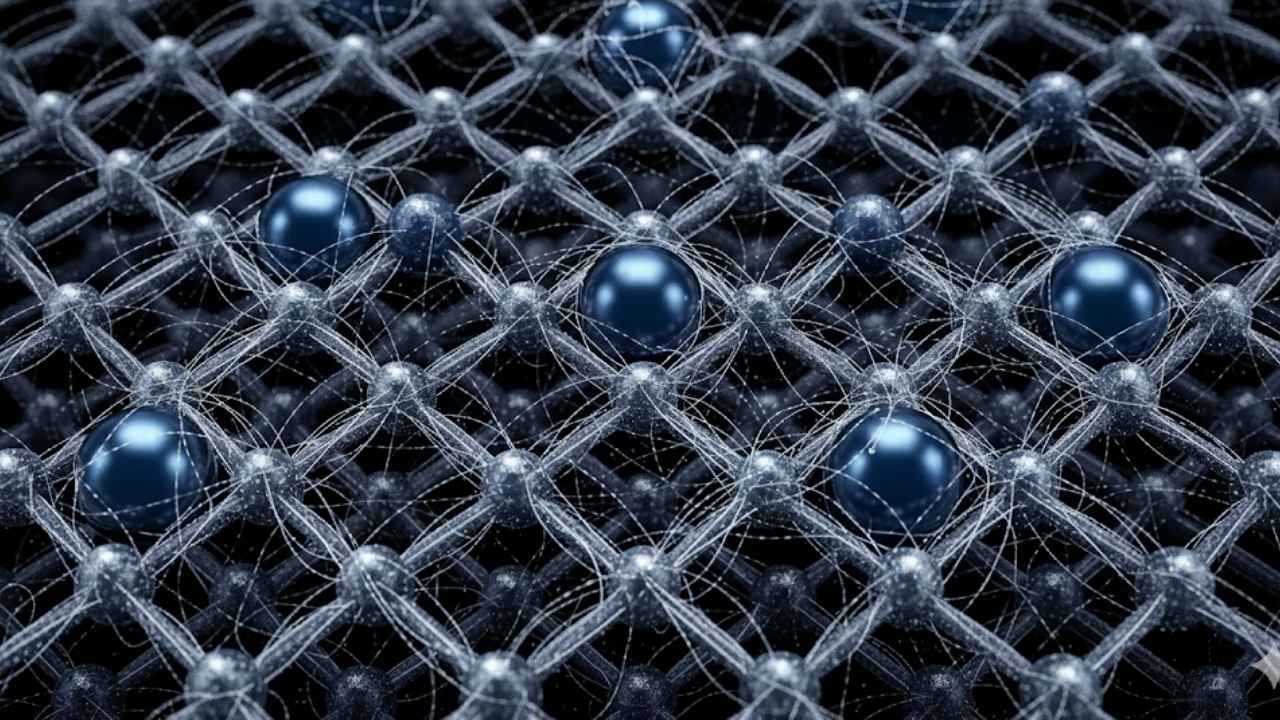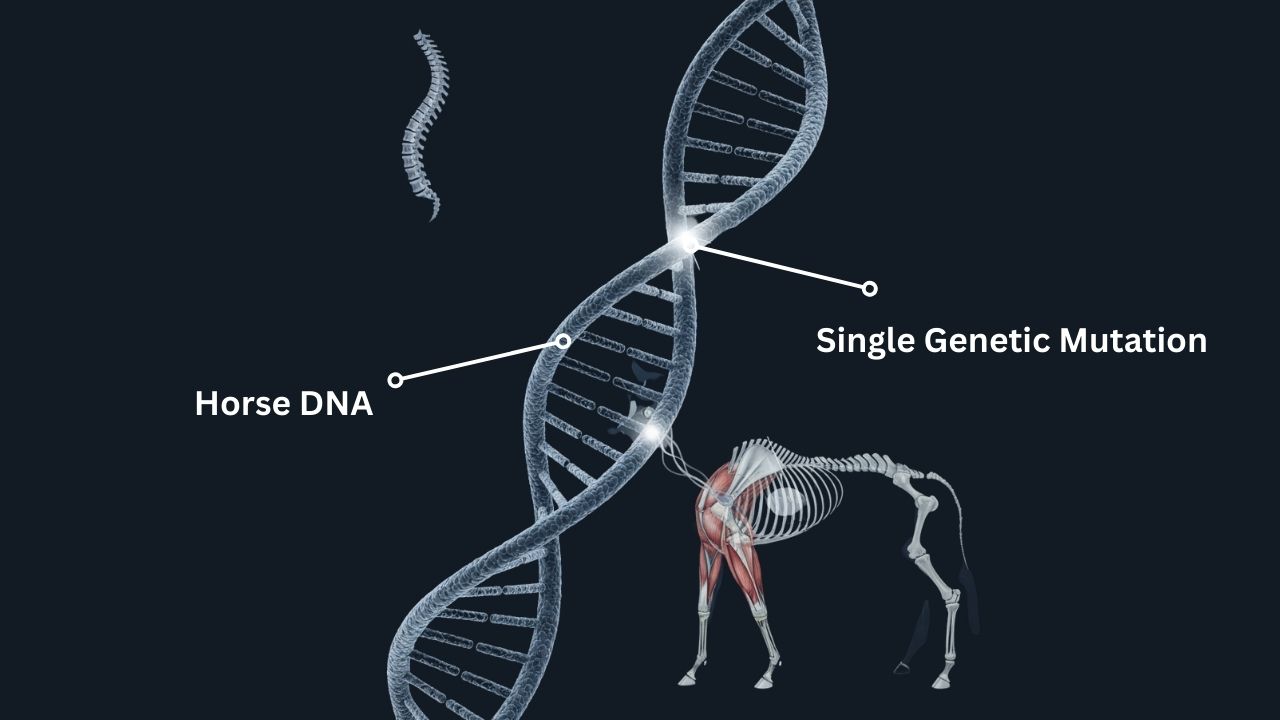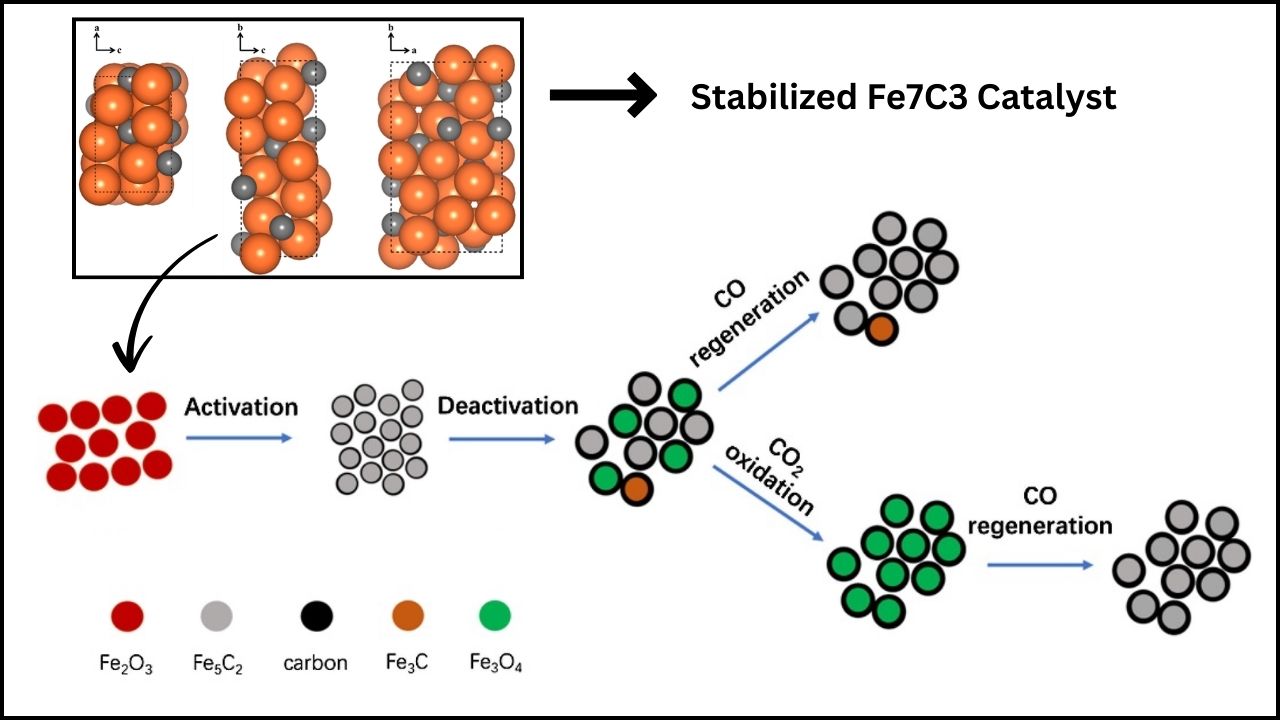French Scientists Discover Rare Blood Type in Guadeloupe Woman: In June 2025, the world of medicine was shaken by a groundbreaking announcement: French scientists have discovered a rare blood type in a Guadeloupe woman, a finding that could forever change how we understand blood transfusions and compatibility.
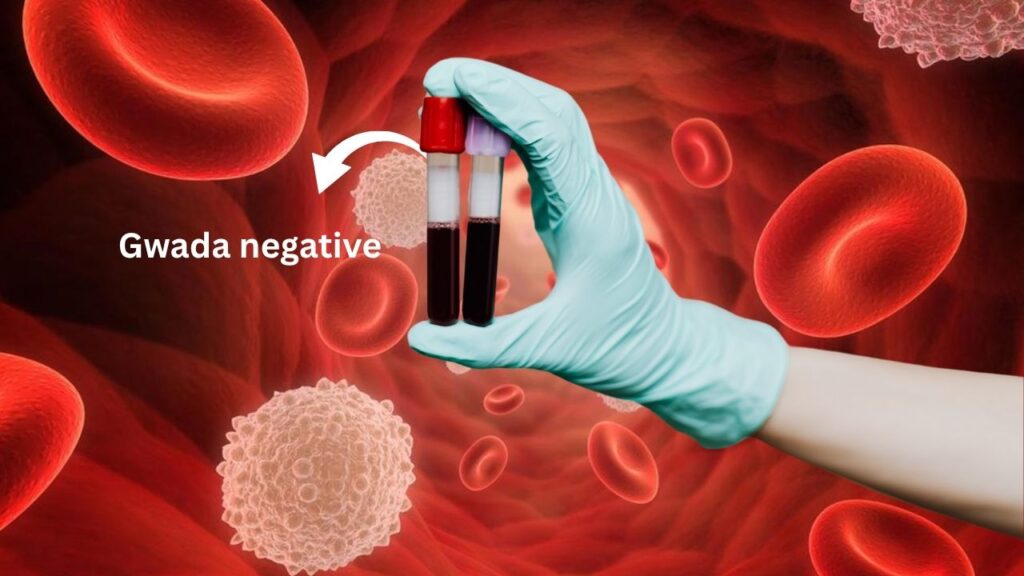
This new blood group, called “Gwada negative”, is so unique that only one person in the world is known to have it. Let’s break down what this discovery means, why it matters, and how it could impact both everyday people and medical professionals.
French Scientists Discover Rare Blood Type in Guadeloupe Woman
| Topic | Details |
|---|---|
| Discovery | New blood type “Gwada negative” found in a woman from Guadeloupe, living in Paris. |
| Official Recognition | 48th blood group system, recognized by the International Society of Blood Transfusion (ISBT) in June 2025. EFS Official Site |
| Uniqueness | Only known case worldwide; the woman is the only person compatible with herself. |
| How Found | Detected during routine pre-surgery blood tests in 2011; identified by DNA sequencing in 2019. |
| Genetic Basis | Linked to a mutation in the PIGZ gene, inherited from both parents. |
| Medical Impact | Highlights the need for precision in blood transfusions and the importance of rare blood type research. |
| Practical Advice | Emphasizes the value of blood donation, especially for rare types. |
| Professional Relevance | Calls for improved screening, genetic research, and international collaboration in transfusion medicine. |
| Stats | Over 14 million blood units transfused annually in the US alone. |
| Further Reading | International Society of Blood Transfusion (ISBT) |
The discovery of the “Gwada negative” blood type in a Guadeloupe woman is a milestone in medical science. It reminds us that our bodies are full of mysteries waiting to be solved and that every blood donation counts. For professionals, it’s a call to stay curious, collaborate globally, and embrace new technologies. For everyone else, it’s a powerful reason to learn your blood type and consider donating—because you never know whose life you might save.
Understanding Blood Types: The Basics
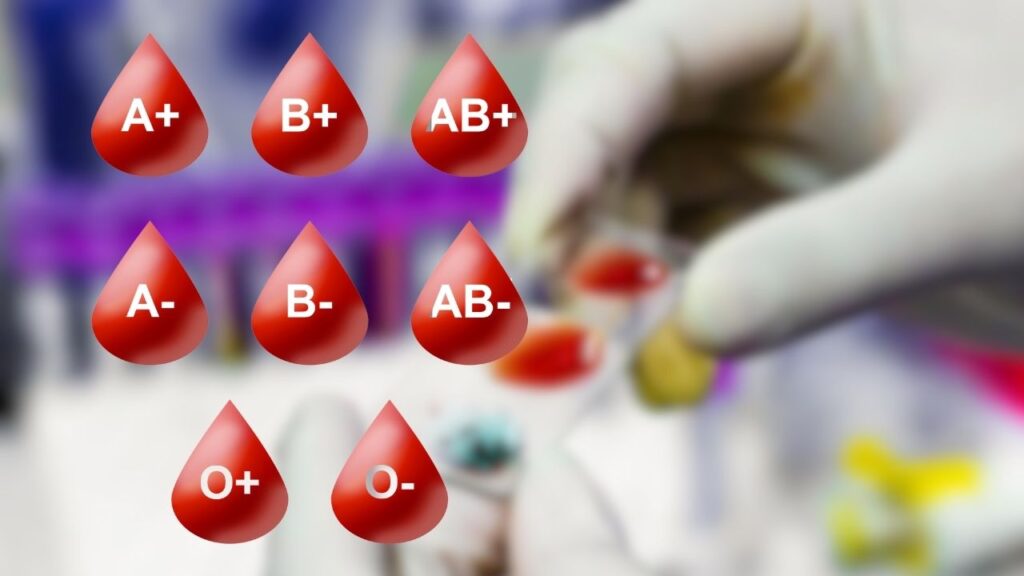
Before diving into the specifics of “Gwada negative,” let’s review the basics of blood types:
- Blood types are determined by the presence or absence of certain antigens on the surface of red blood cells.
- The most well-known systems are ABO (A, B, AB, O) and Rh (positive or negative).
- There are over 400 subgroups and, as of 2025, 48 recognized blood group systems worldwide.
Why do blood types matter?
Blood transfusions must match the recipient’s blood type. If not, the immune system can attack the transfused blood, causing serious or even fatal reactions.
The Discovery of “Gwada Negative”: How It Happened
The Patient
- In 2011, a 54-year-old woman from Guadeloupe, living in Paris, went for routine blood tests before surgery.
- Doctors found a strange antibody in her blood that didn’t fit any known blood group.
- At the time, limited resources meant the mystery remained unsolved.
The Breakthrough
- In 2019, with the help of high-throughput DNA sequencing, scientists finally identified the cause: a unique genetic mutation in the PIGZ gene.
- Both of her parents carried the mutated gene, making her the only known person with this blood type.
- The French Blood Establishment (EFS) named the new blood group “Gwada negative” to honor her Caribbean heritage and ensure easy pronunciation worldwide.
Official Recognition
- In June 2025, the International Society of Blood Transfusion (ISBT) officially recognized “Gwada negative” as the 48th blood group system.
Why Is “Gwada Negative” So Important?
For Patients
- If someone with “Gwada negative” blood needs a transfusion, only blood from another “Gwada negative” person will work.
- Right now, this woman is the only person in the world compatible with herself.
- This highlights the life-saving importance of identifying rare blood types and maintaining diverse blood banks.
For Science and Medicine
- The discovery shows how much we still have to learn about human genetics and blood diversity.
- It encourages researchers to keep searching for rare blood types, which could help people with unique medical needs.
- It also demonstrates the power of modern DNA technology in solving medical mysteries.
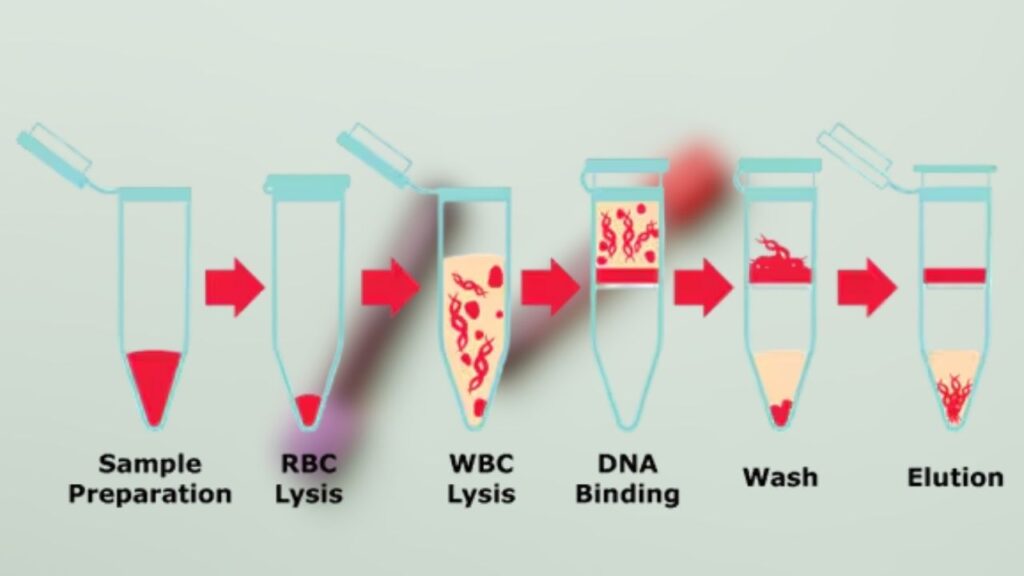
How Are Blood Types Discovered and Classified?
Step-by-Step Guide
- Routine Testing: Blood samples are analyzed for known antigens and antibodies.
- Unusual Findings: If a sample reacts in an unexpected way, further tests are done.
- Genetic Sequencing: Advanced DNA tests can reveal previously unknown mutations.
- Peer Review and Validation: Scientists compare findings with global databases.
- Official Recognition: If unique, the new blood group is reviewed and named by organizations like the ISBT.
Practical Advice: What Should You Do?
For the General Public
- Donate Blood: Your blood could be a lifesaver, especially for people with rare types.
- Know Your Blood Type: Ask your doctor or local blood bank for your blood group.
- Encourage Diversity in Donation: People from all backgrounds are needed to ensure a diverse blood supply.
For Medical Professionals
- Stay Updated: New discoveries like “Gwada negative” mean protocols and databases must be regularly updated.
- Screen Thoroughly: Pay close attention to unusual antibody reactions in patients.
- Collaborate Internationally: Share findings and resources to help identify and treat rare cases.
Real-World Example: The Challenge of Rare Blood Types
Imagine you’re a doctor, and your patient needs a transfusion. If their blood type is extremely rare, finding a compatible donor is like searching for a needle in a haystack. In the case of “Gwada negative,” the only match is the patient herself. This scenario underscores the importance of global cooperation and advanced genetic research in transfusion medicine.
The Future: What’s Next for Blood Research?
- Searching for Others: Scientists hope to find more people with “Gwada negative” blood, possibly among those with Caribbean ancestry.
- Better Care for Rare Types: As more rare groups are discovered, blood banks can develop specialized protocols to help affected patients.
- Expanding Knowledge: Each new discovery adds to our understanding of human biology and can lead to better treatments for everyone.
New Diagnostic Tool Can Detect Hidden Cancer DNA Before Symptoms Appear
Scientists Crack 500-Million-Year-Old Code That Controls the Immune System
Tsinghua’s Theater-Based Immersive Neuroaesthetics Study Sparks Public Interest
FAQs About French Scientists Discover Rare Blood Type in Guadeloupe Woman
What is “Gwada negative” blood?
“Gwada negative” is a newly discovered, ultra-rare blood type found in only one woman from Guadeloupe. It is the 48th recognized blood group system in the world.
Why is this discovery important?
It highlights the complexity of human genetics, the need for precise blood matching, and the importance of ongoing research into rare blood types.
Can anyone have “Gwada negative” blood?
Right now, only one person in the world is known to have it. Scientists hope to find others, especially among people with similar ancestry.
How do I find out my blood type?
Ask your doctor or donate blood at a certified blood bank. They will test your blood and tell you your type.
What should I do if I have a rare blood type?
Let your doctor know, and consider registering with a rare blood donor registry. Your donation could save lives.




